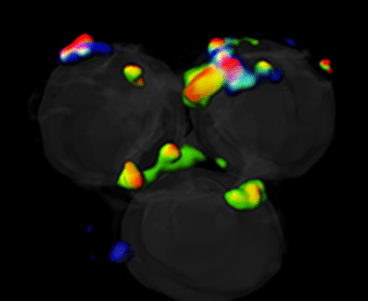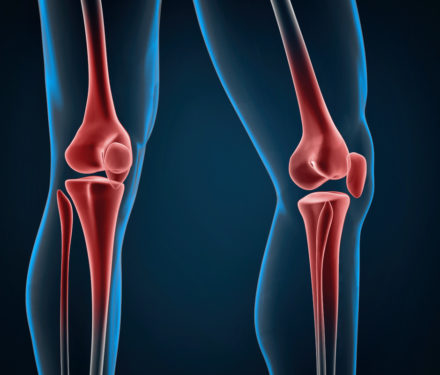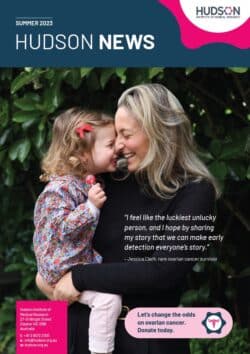Scientists override the body’s inflammatory response
Scientists who have discovered the mechanism of a protein that suppresses inflammation in the body, say the information could potentially be used to develop new drugs to control inflammatory response. The international study, led by a husband-and-wife team, Associate Professor Marcel Nold and Dr Claudia Nold from The Ritchie Centre at MIMR-PHI Institute of Medical Research and Monash University, focused on interleukin 37 (IL-37), a powerful inhibitor of inflammation that is generated by the body.

Previous research by the same team identified that IL-37, one of the rare anti-inflammatory mediators, acts much more broadly than others to regulate the immune response and protect the body from damage.
The new study, published in Nature Immunology, deciphers the mechanisms of how the body uses IL-37 as a molecular signal to regulate and control inflammation.
The team found that to achieve its protective effects, IL-37 utilises a set of very specific receptors on target cells. By binding to these receptors, IL-37 instructs those target cells to execute a cascade of events, which temper several of the molecular pathways by which the body mounts inflammatory responses.
Associate Professor Marcel Nold said inflammation is a double-edged sword.
“We all need inflammation to protect us from the harmful effects of bacteria, viruses or cancer. But in many diseases, there is too much inflammation; good examples are stroke, heart attack and auto immune diseases such as Crohn’s Disease or lupus,” he said.
“Rampant inflammation is harmful and leads to tissue damage, resulting in all kinds of side effects like pain, fatigue and regrettably also organ failure and death” Associate Professor Nold said.
Dr Claudia Nold said the study is universally applicable to all types of inflammation in patients of all ages, in conditions ranging from the common cold to serious life-threatening illnesses.
“IL-37 is able to override the body’s own destructive responses to injury and disease, harnessing its fundamental mechanisms of action,” she said.
To unravel the mechanistic details of IL-37’s powerful effects, the research team used the Nobel Prize winning technique, Super Resolution Microscopy at Monash Micro Imaging and the Monash Institute of Pharmaceutical Sciences.
The advanced instruments allowed the scientists to see single molecules of IL-37 and its receptors, showing how IL-37 positions itself on the surface of target cells – something that had never been done before in previous studies in this field.
Dr Claudia Nold said the new findings make the vast potential of IL-37 accessible to drug development.
“IL-37 is extremely potent and effective in controlling inflammation, but to make it medically useful we needed to know how it works and what it does to cells,” she said.
“Now we have deciphered these mechanisms we can pursue the medical potential of IL-37. This can be done by mimicking its effects when there is too much inflammation, or by blocking it when there is too little, like in cancer,” Dr Nold said.
“It’s important to note that this research is very early stage, but if we build on our discoveries and develop them further, it will be possible to deliver substantial and meaningful benefits to patients suffering from lots of diseases, be they acute or chronic, in a newborn baby or a centenarian” added Associate Professor Nold.
Contact us
Hudson Institute communications
t: + 61 3 8572 2697
e: communications@hudson.org.au



